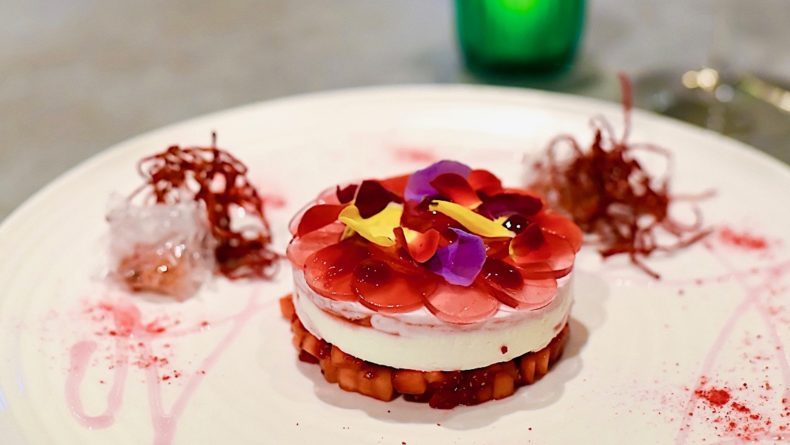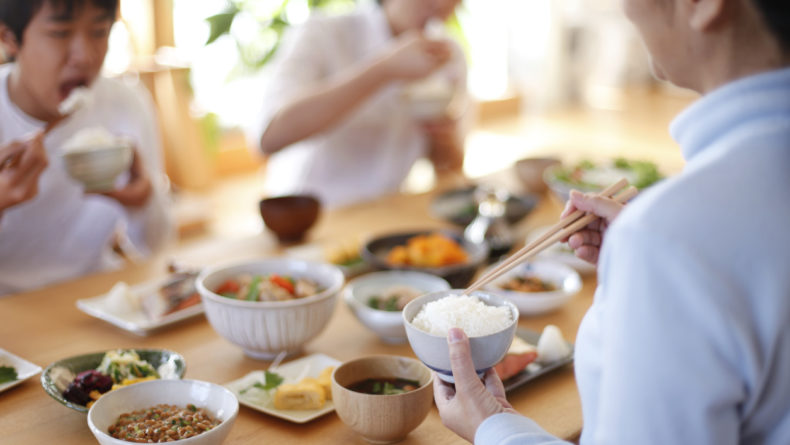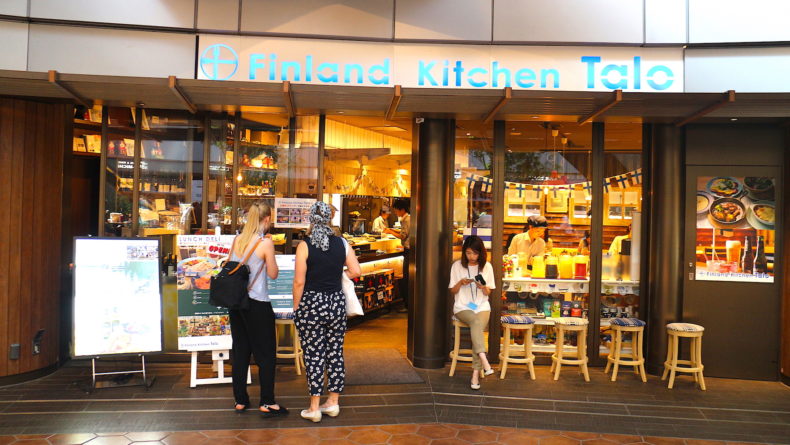Growing The Farm-To-Table Concept In Tokyo
Two Eateries Supplying The City With More Than Just Trendy Cuisine
Any restaurant can serve good food, but two in Tokyo hope to spice things up for diners by growing their own.
Over the last few years, the number of farm-to-table restaurants in Tokyo — that is, those listing the farms and farmers they source their ingredients from — has been steadily increasing. Some contract directly with growers to obtain their produce and specific regional foods. Others, though, like Noz by T.Y. Farm and We Are The Farm, have taken a stricter and perhaps more idealistic stance on the concept — sourcing their produce from farms they own and operate. By doing this — and also using only organic methods and open-pollinated seeds — both restaurants aim to offer not only the freshest and best, but also to inspire a new generation of farmers.
 © Photo by Joan Bailey
© Photo by Joan Bailey
Farm-to-table gained popularity in the U.S. in the early 2000’s amid concerns about food safety, the distances food traveled and a declining population of farmers. While fresh, local and seasonal are concepts the Japanese menu has long embraced, farm-to-table is a somewhat new idea grounded in chisan-chisho (local production for local consumption). A term coined here in the mid-1980’s, the idea is similar to that in the U.S.: reduce the number of miles food travels, eat fresh and in season, and support local farmers.
Noz by T.Y. Farm
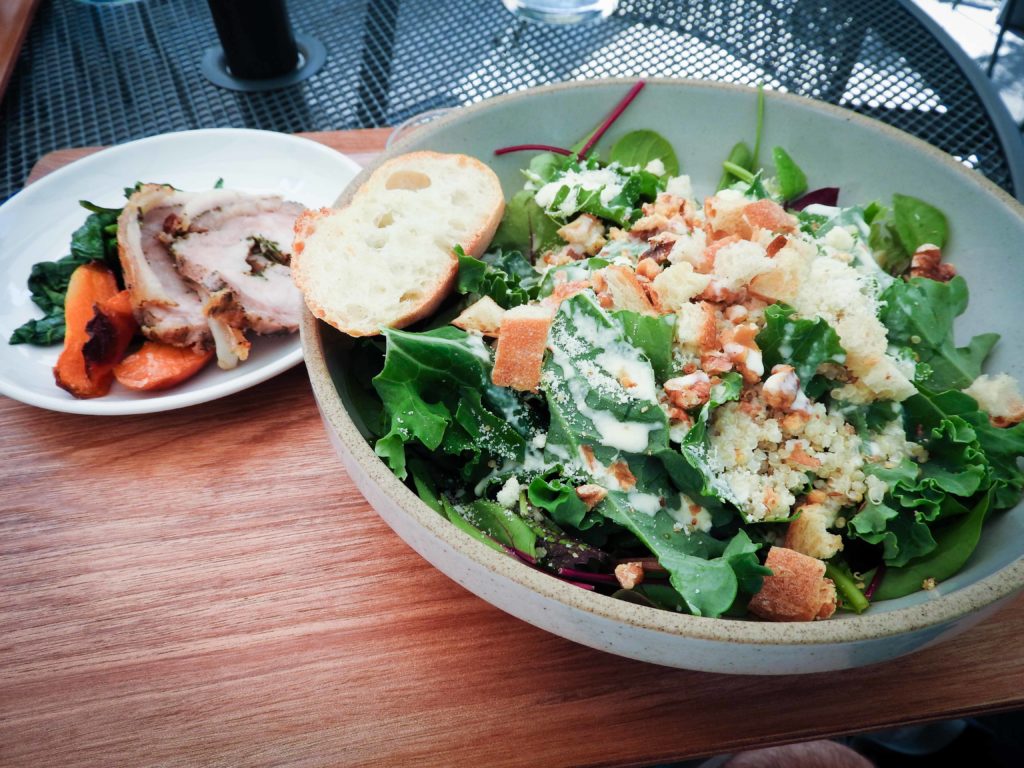 © Photo by Joan Bailey
© Photo by Joan Bailey
T.Y. Farm’s three hectares are a creative new venture taking root in Ome, a far-western district in Tokyo. The arrival of the plum pox virus in 2009 destroyed the majority of the plum orchards, Ome’s famous regional product, leaving local farmers hopeless. “Growers were devastated,” says Futoshi Ota, president of T.Y. Farm. The agricultural industry there was left in tatters.
“Farmers kept selling their land for development, but people in the agricultural world wanted them to continue. That’s why when I explained our idea [to start a restaurant] to the regional agricultural manager, he suggested Ome,” explains Ota as we toured its fields.
We target people who care about the future of food. —Futoshi Ota, T.Y. Farm
Its restaurant, Noz by T.Y. Farm, focuses mostly on Western vegetables like kale, arugula, beets, coriander and Italian parsley as well as some Edo-period produce. All of its seeds are open-pollinated, meaning they can (and do) save seeds from year to year, making them — as Ota likes to say — a seed-to-table restaurant.
“I want to serve things and tastes that people can’t get anywhere else,” Ota says, passing me a leaf of arugula. “It’s amazing, right?” he asks, and I nod. It is tender, sweet and spicy just as it should be. “We target people who care about the future of food,” he continues, gazing out at a field where bees work coriander blossoms and frogs sing.
“I love feeling the change of seasons,” said chef Hirotaka Nishida. “Even if I do the same work every day, the vegetables are always different.”
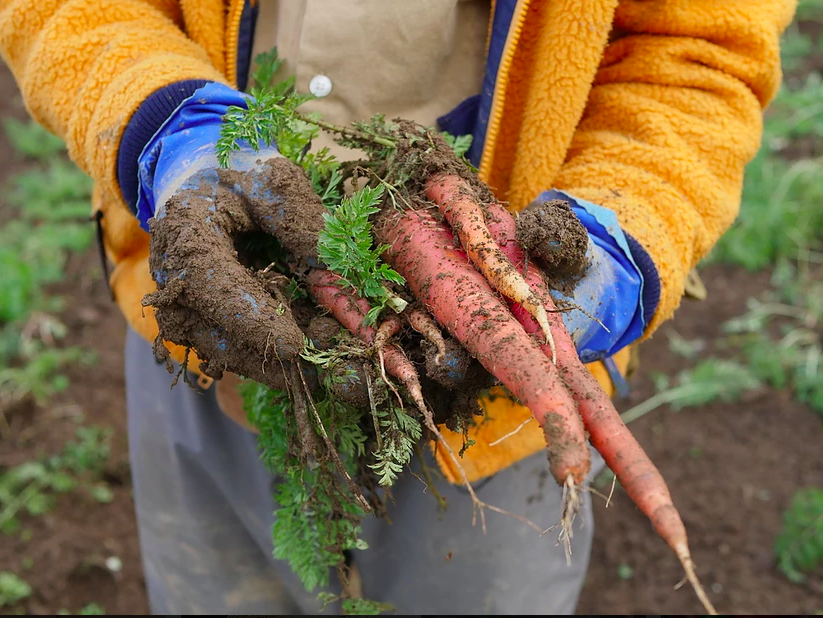 © Photo by ©T.Y.Farm Inc
© Photo by ©T.Y.Farm Inc
Recently opened in Tennoz Isle, Noz by T.Y. Farm is the latest addition to Tokyo’s farm-to-table scene. Specializing in fresh, organic greens, Nishida promises a refreshing choice for lunch and dinner. Diners can choose from a selection of salads and sides for lunch, each one made while you wait. The grain salad — with it’s splash of mixed greens served with fluffy barley and other grains mixed with shredded meat and egg — was tasty and satisfying, but the real winner at our table was the beet green salad topped with roasted beets and onions and sprinkled with walnuts. A roasted vegetable side featuring carrots grilled to sweet perfection accompanied by a delectable and generous piece of pork was another favorite. Organic wines and a kale-infused beer are also available for those looking for something a bit more heady than the herb-infused waters offered at a self-serve water bar.
We Are The Farm
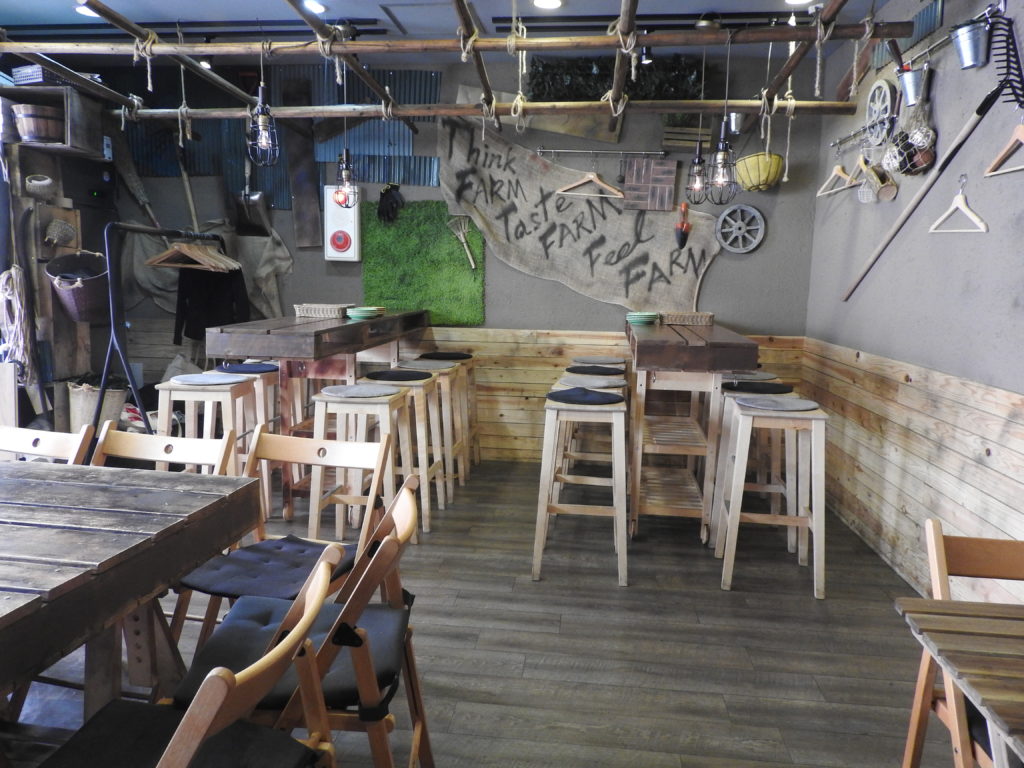
Takuya Terao, head farmer and co-founder of We Are The Farm, also had the future of food in mind when he and his partner opened their first restaurant three years ago. “People think farming isn’t cool or interesting and that it is difficult to make a living at it,” he says as we stand outside the We Are The Farm Ginza store location while staff carry in bags of snap peas, cauliflower, kohlrabi and other seasonal loot from his truck. “I thought I might try to change that.”
People think farming isn’t cool or interesting. I thought I might try to change that. —Takuya Terao, We Are The Farm
He began studying organic farming seven years ago, starting in Osaka and eventually making his way to the land he works now in Sakura, Chiba. His seven hectares supply vegetables to each of We Are The Farm’s five restaurants and izakaya in Tokyo.
“I wanted to create a possibility,” Terao continued, as the last of the bags went to the kitchen and the sounds of happy diners drifted out to where we stood.
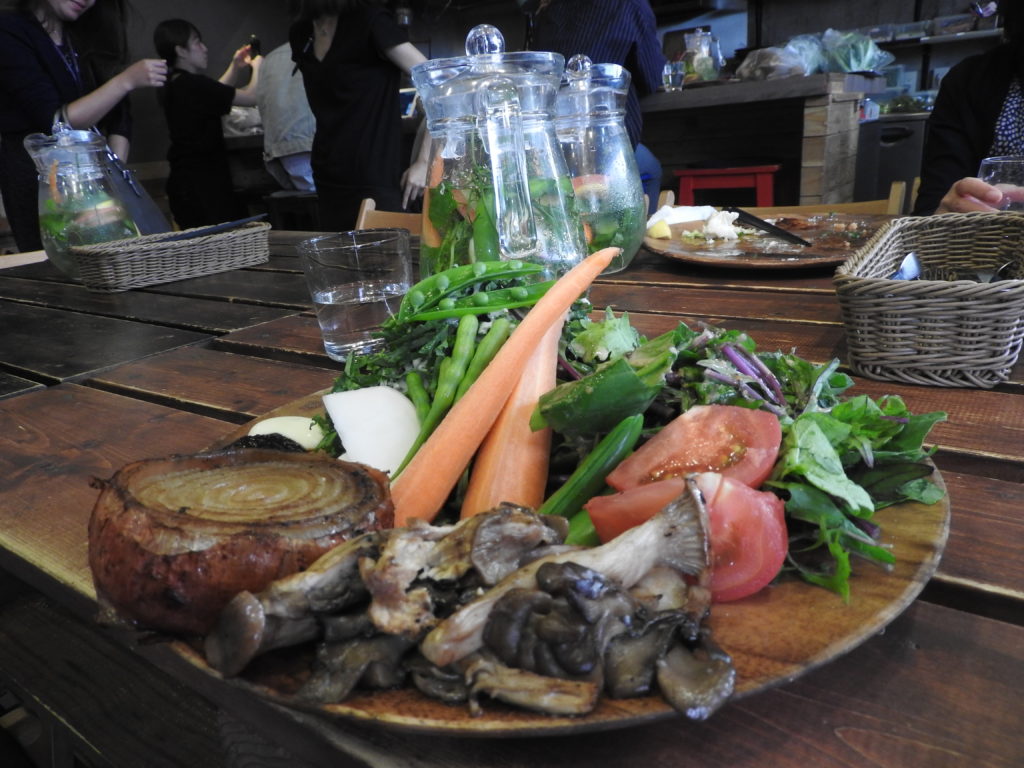
At all We Are The Farm locations, Terao and his staff offer hearty seasonal fare. Vegetarians will find the daily vegetable plate as eye-catching as it is deliciously tummy filling. Mine arrived with vibrant green shredded kale topped with a homemade yogurt dressing surrounded by a series of heirloom variety vegetables: steamed whole Kuroda carrots, half of a sweet Oshu onion that melted in my mouth, beni hoshi snap peas, and a blend of shiitake, maitake and erengi mushrooms. Entrees for meat lovers include fried chicken, shabu-shabu (thin meat slices), curry and a ginger pork just as mouth-watering and graced with a selection of vegetables. All are served on sturdy wood plates with pitchers of herb- and vegetable-infused water in a comfy space reminiscent of a cozy farm kitchen.
“Ichibutsu zentai shimasu,” said Yuta Urayama, manager of We Are The Farm’s Ginza izakaya. “That means we use everything — stem, leaf, flower and the meat of the vegetable. Nothing goes to waste.” Indeed, not even an opportunity.
The Deets
Address: 2-2-43 Higashi Shinagawa, Shinagawa-ku, Tokyo
Business Hours: Everyday 9 a.m.-9 p.m.
We Are The Farm, Ginza
Address: 1F Haramichi Bldg, 3-12-7 Ginza, Chuo-ku, Tokyo
Business Hours: 11:30 a.m.–9:30 p.m.









